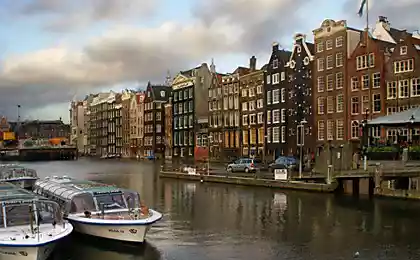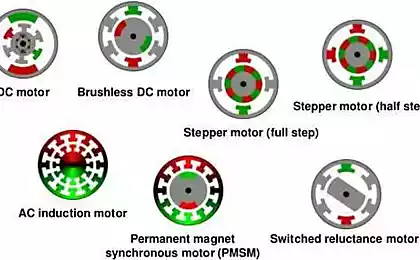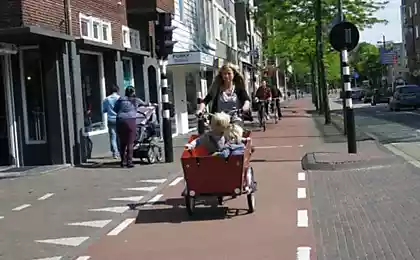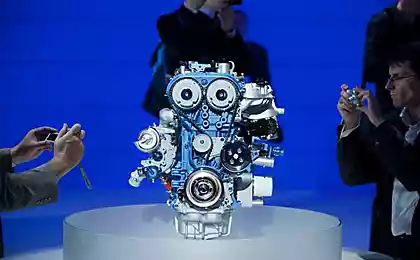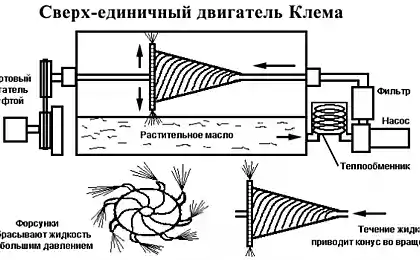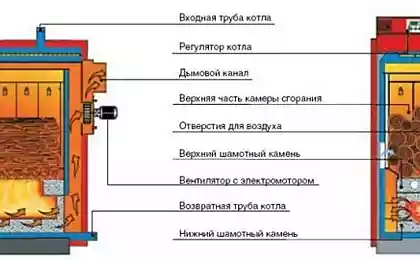500
The Dutch ban petrol and diesel cars
Dutch labour party PvdA insisted on the ban of sales of all petrol and diesel vehicles in the Netherlands in 2025. The proposal has already been approved by the lower house of Parliament, and this may mean that after nine years there will be sold only electric cars.
European leaders are talking about it for many years. Insiders believed that the first city that within its borders will prohibit the use of vehicles with internal combustion engines will be Paris. Looks like they made a mistake, apparently, the Dutch will become the innovators in this issue, not in the city limits, and the whole country.
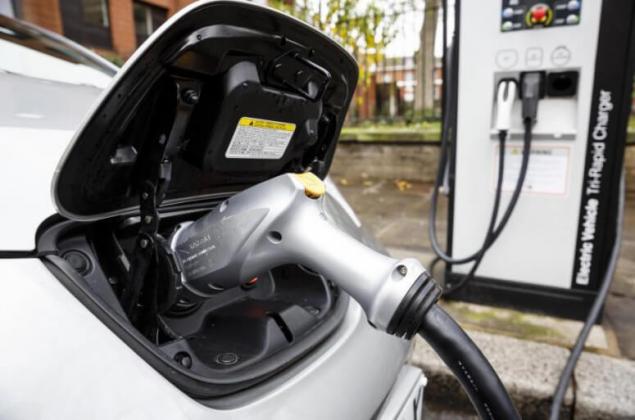
The offer came a year after the Netherlands joined the International Alliance of zero emission vehicles (Zero-Emission Vehicle (ZEV), which seeks to ensure that in 2050 the markets sold only electric cars. Although the Netherlands is the fastest growing market for cars with alternative power — almost one out of 10 cars bought in the last year is buggy.
The UK is also rapidly increasing sales of vehicles with alternative fuels. Last year their sales amounted to 21 % yoy, while in diesel and petrol version had only 4.8 % and 4.7 %, respectively. Moreover, the growth in sales of electric cars has occurred despite the fact that the government reduced the subsidy from 5 to 2.5 thousand pounds.
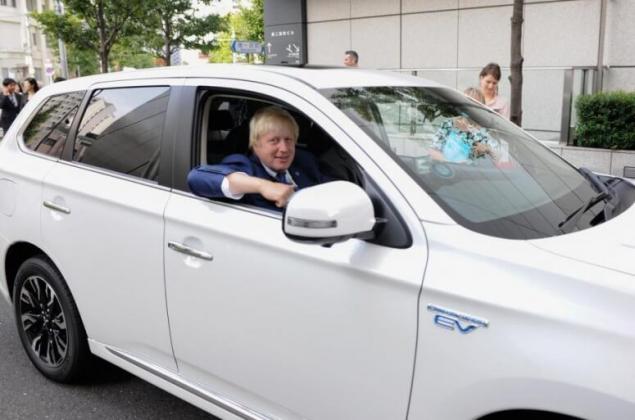
In order to better represent what was going on, look at the most effective methods used by major cities around the world, to solve environmental pollution:
London, UK
By 2020, all diesel engines in cars and small vans must conform to Euro 6 and have the age of 5 years. Petrol models are Euro 4 and registered after 1 January 2006. This will include areas in which in 2003 introduced a fee for entry from 7 am to 6 PM Monday through Friday, unless the vehicle meets the low emission levels.
Delhi, India
In January 2016 for two weeks in the city could drive only cars with even or odd numbers. Traffic has decreased considerably, and improvements in air quality data are not available.
Oslo, Norway
By 2020, the capital plans to ban private cars from entering the city centre. Because officials plan to 2020 to reduce greenhouse gas emissions by 50% by 2019-mu to reduce car traffic by 20% and in 2030 by 30% to separate more lanes for bike lanes, and the purchase of electric bicycles will be promoted by the government.
Rotterdam, The Netherlands
From January 2016 in the Northern part of the city and within the ring road traffic is prohibited diesel cars manufactured before 2001 petrol and up to 1992. Drivers face a fine of 90 euros.
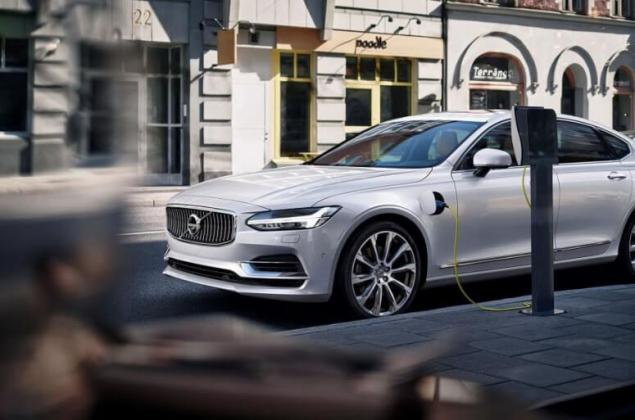
Mexico City, Mexico
The program "Hoy No Circula" ("today [your car] does not circulate") restricts certain vehicles to drive depending on the last digit of the license plate and emissions. Vehicles manufactured before 1989 are not permitted to drive from 5 am to 10 PM one day a week and that was over 8 years ago it is prohibited to drive on Saturdays. The emission test conducted every six months. However, the study showed that CO2 emissions actually increased by 13 % — some drivers have bent the rules, bought another car.
Beijing, China
Within two weeks at the end of August 2015, five million cars were forced to go through the day, depending on the license plate. And on the day of the parade in honor of Victory day on 3 September, they were forbidden to ride at all. Say, many admired the contemplation of the blue sky, and the air quality index dropped from 500 to 17 and was named "very well." But the next day it jumped to 160 and became "unhealthy". It is not known whether such action be taken this year. published
P. S. And remember, only by changing their consumption — together we change the world! ©
Join us in Facebook , Vkontakte, Odnoklassniki
Source: avtomaniya.com/site/publication-full/12315
European leaders are talking about it for many years. Insiders believed that the first city that within its borders will prohibit the use of vehicles with internal combustion engines will be Paris. Looks like they made a mistake, apparently, the Dutch will become the innovators in this issue, not in the city limits, and the whole country.

The offer came a year after the Netherlands joined the International Alliance of zero emission vehicles (Zero-Emission Vehicle (ZEV), which seeks to ensure that in 2050 the markets sold only electric cars. Although the Netherlands is the fastest growing market for cars with alternative power — almost one out of 10 cars bought in the last year is buggy.
The UK is also rapidly increasing sales of vehicles with alternative fuels. Last year their sales amounted to 21 % yoy, while in diesel and petrol version had only 4.8 % and 4.7 %, respectively. Moreover, the growth in sales of electric cars has occurred despite the fact that the government reduced the subsidy from 5 to 2.5 thousand pounds.

In order to better represent what was going on, look at the most effective methods used by major cities around the world, to solve environmental pollution:
London, UK
By 2020, all diesel engines in cars and small vans must conform to Euro 6 and have the age of 5 years. Petrol models are Euro 4 and registered after 1 January 2006. This will include areas in which in 2003 introduced a fee for entry from 7 am to 6 PM Monday through Friday, unless the vehicle meets the low emission levels.
Delhi, India
In January 2016 for two weeks in the city could drive only cars with even or odd numbers. Traffic has decreased considerably, and improvements in air quality data are not available.
Oslo, Norway
By 2020, the capital plans to ban private cars from entering the city centre. Because officials plan to 2020 to reduce greenhouse gas emissions by 50% by 2019-mu to reduce car traffic by 20% and in 2030 by 30% to separate more lanes for bike lanes, and the purchase of electric bicycles will be promoted by the government.
Rotterdam, The Netherlands
From January 2016 in the Northern part of the city and within the ring road traffic is prohibited diesel cars manufactured before 2001 petrol and up to 1992. Drivers face a fine of 90 euros.

Mexico City, Mexico
The program "Hoy No Circula" ("today [your car] does not circulate") restricts certain vehicles to drive depending on the last digit of the license plate and emissions. Vehicles manufactured before 1989 are not permitted to drive from 5 am to 10 PM one day a week and that was over 8 years ago it is prohibited to drive on Saturdays. The emission test conducted every six months. However, the study showed that CO2 emissions actually increased by 13 % — some drivers have bent the rules, bought another car.
Beijing, China
Within two weeks at the end of August 2015, five million cars were forced to go through the day, depending on the license plate. And on the day of the parade in honor of Victory day on 3 September, they were forbidden to ride at all. Say, many admired the contemplation of the blue sky, and the air quality index dropped from 500 to 17 and was named "very well." But the next day it jumped to 160 and became "unhealthy". It is not known whether such action be taken this year. published
P. S. And remember, only by changing their consumption — together we change the world! ©
Join us in Facebook , Vkontakte, Odnoklassniki
Source: avtomaniya.com/site/publication-full/12315
Nobel laureate Frank Wilczek: the BEAUTY of PHYSICS
Citroen showed a new electric E-Elysee, in Beijing
